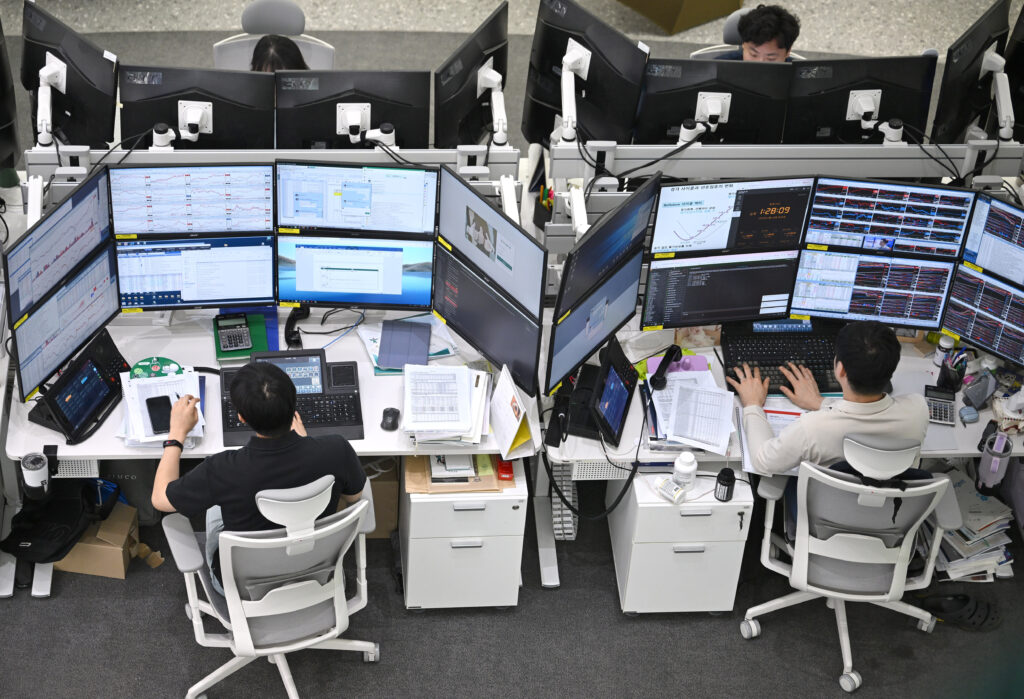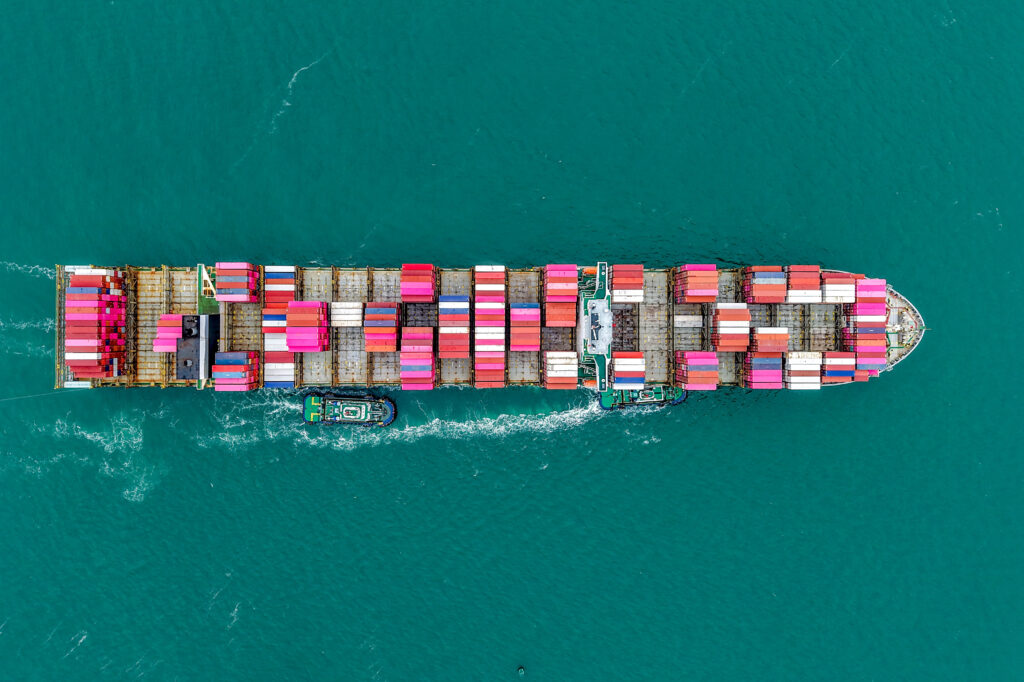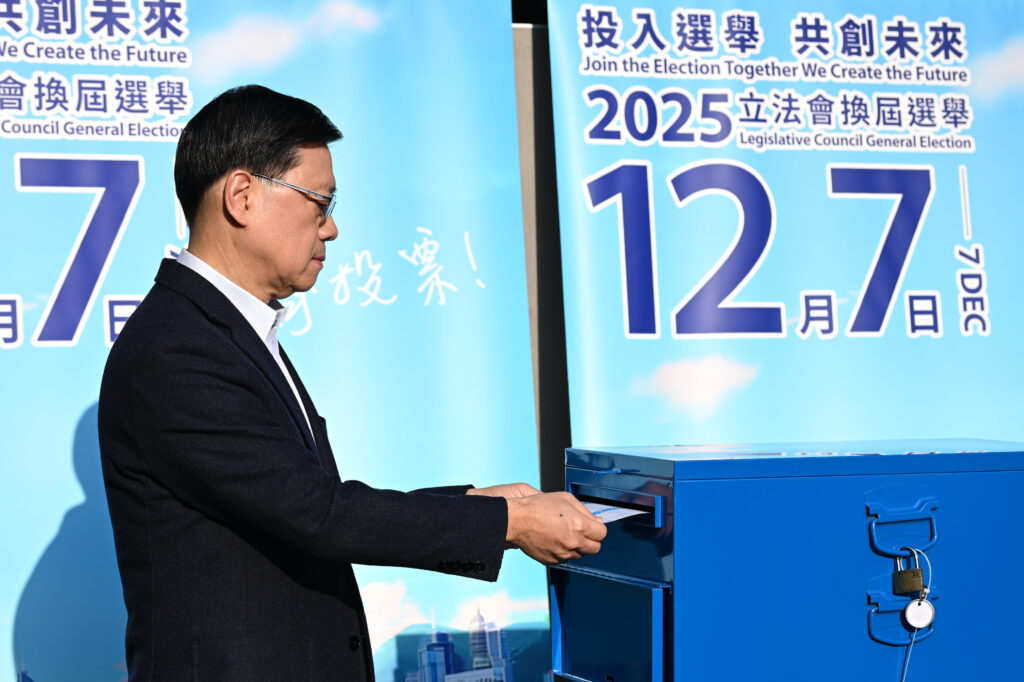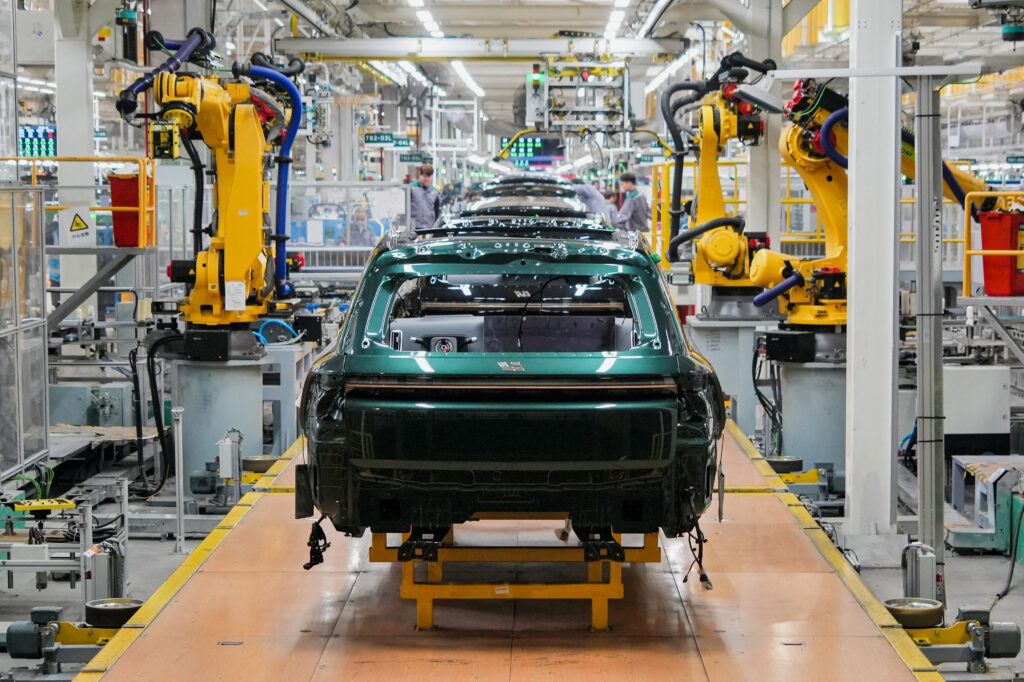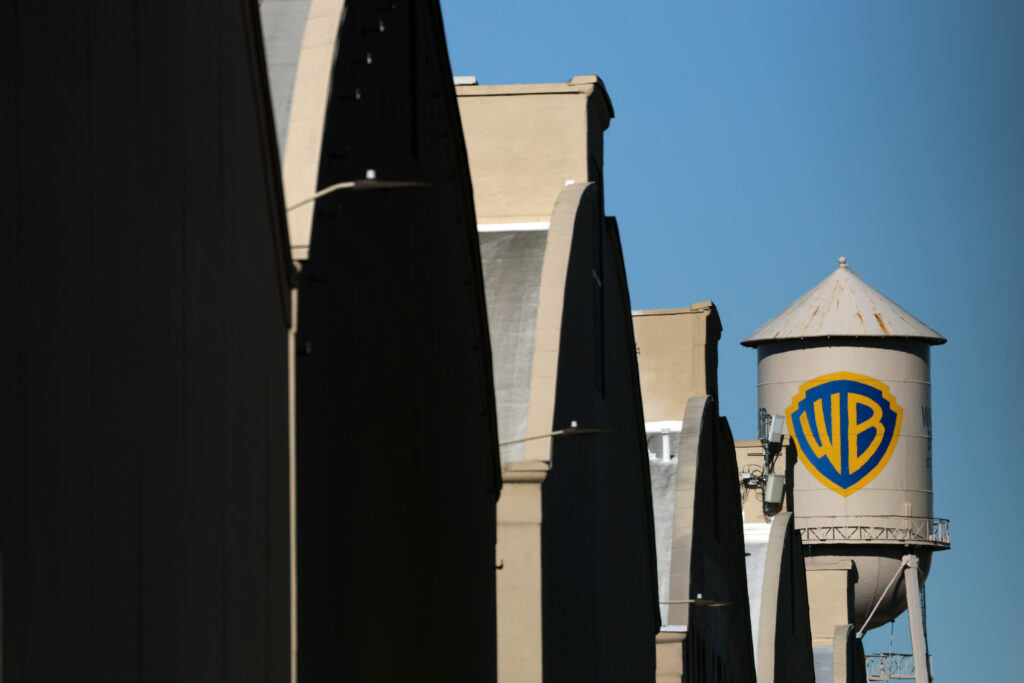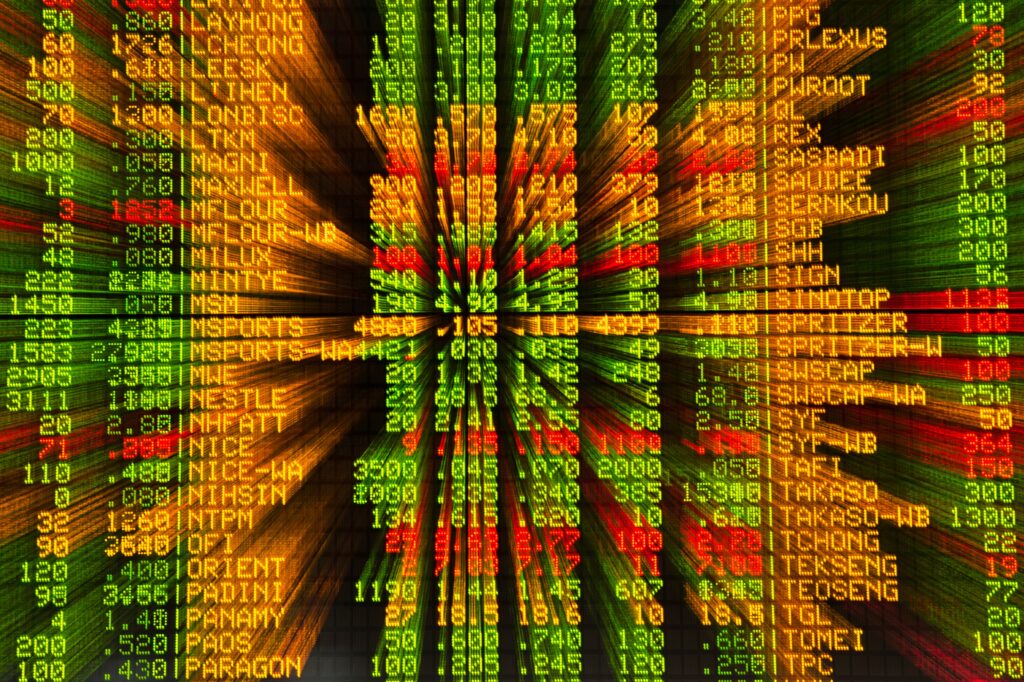World stocks tread water with eyes on Fed
Global stock markets were mostly soft on Monday as investors avoided risks ahead of this week’s Federal Reserve meeting, which may yield clues to the direction of interest rates in coming months.A surprise bid by Paramount for Warner Bros. Discovery brought the tech and entertainment sectors to life, however, as the market braced for a bidding war with Netflix.A monetary easing at Wednesday’s Fed meeting is fully priced into stock prices, analysts said, but investors will scour the central bank’s statement and news conference for insights into how many rate reductions might be on the cards next year, against a backdrop of stubborn inflationary pressures.”A rate cut (Wednesday) when inflation remains well above target, should be a one-off,” predicted Kathleen Brooks, research director at traders XTB.The “market is underpricing the uncertainty in the outlook for the Fed next year, which could lead to a big market reaction if the Fed does not have the appetite for more cuts”, she added.This meant that investors would be on the lookout for any signs that further US monetary easing is not off the table, to justify their current exposure.”Investors want Fed Chair (Jerome) Powell to at least imply that they are still open to an additional cut in January,” said Sam Stovall of CFRA Research. “They don’t want it to just be one and done.”Frankfurt outperformed other European markets after German industrial production unexpectedly jumped in October — another sign that Europe’s crisis-wracked top economy may be turning a corner.In New York, Warner Bros Discovery shares were about five percent higher on the Nasdaq at $27.34, while short of an early high of over $28, after Paramount countered last week’s Netflix bid for the company with an all-cash offer worth $108.4 billion.Netflix stock slumped more than four percent, faced with the big-gun competitive bid.Paramount Skydance rose by over seven percent in what was seen as a relief rally after analysts had predicted last week that a Netflix/Warner linkup could pose a major threat to Paramount’s business.Stock in Walt Disney — also seen in the crosshairs of a future Netflix/Warner behemoth — rose by more than one percent. – Key figures at around 1645 GMT -New York – Dow: DOWN 0.3 percent at 47,792.25New York – S&P 500 – DOWN 0.4 percent at 6,844.55New York – Nasdaq – DOWN 0.2 percent at 23,527.68London – FTSE 100: DOWN 0.2 percent at 9,645.09 (close)Paris – CAC 40: DOWN 0.1 percent at 8,108.43 (close)Frankfurt – DAX: UP 0.1 percent at 24,046.01 (close)Tokyo – Nikkei 225: UP 0.2 percent at 50,581.94 (close) Hong Kong – Hang Seng Index: DOWN 1.2 percent at 25,765.36 (close)Shanghai – Composite: UP 0.5 percent at 3,924.08 (close)Euro/dollar: DOWN at $1.1623 from $1.1642 on FridayPound/dollar: DOWN at $1.3315 from $1.3329Dollar/yen: UP at 155.91 yen from 155.32 yenEuro/pound: DOWN at 87.30 pence from 87.35 penceBrent North Sea Crude: DOWN 1.5 percent at $62.76 per barrelWest Texas Intermediate: DOWN 1.6 percent at $59.12 per barrelburs-jh/sbk
